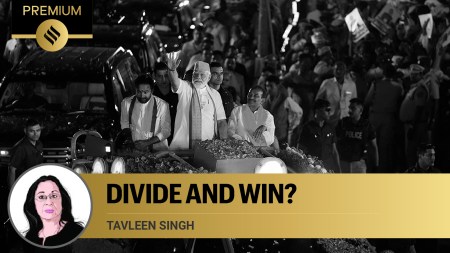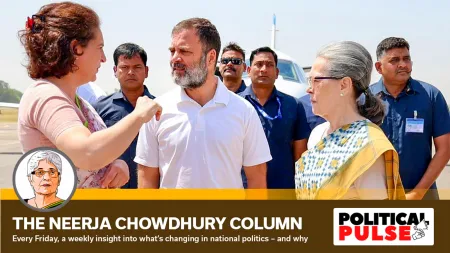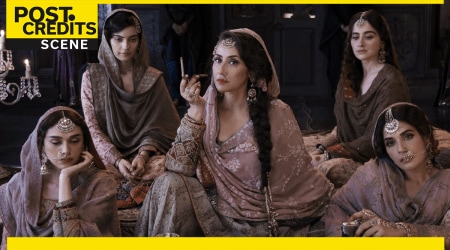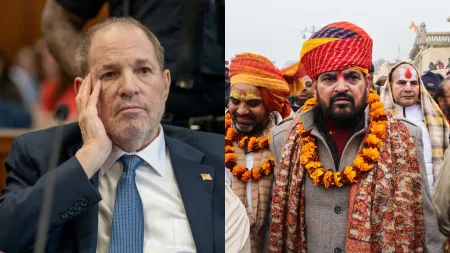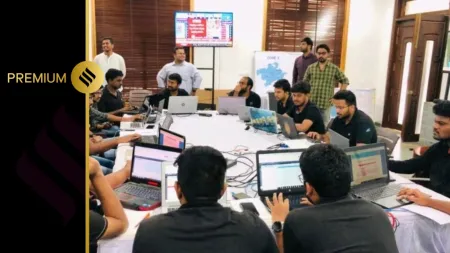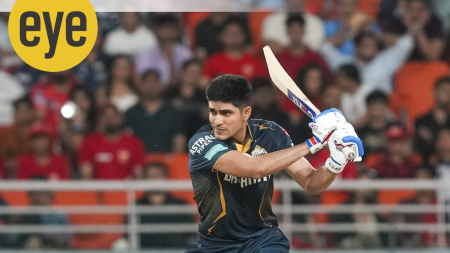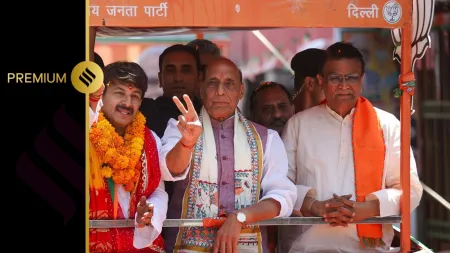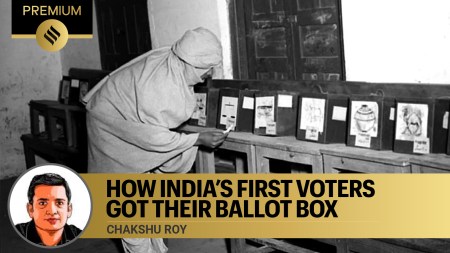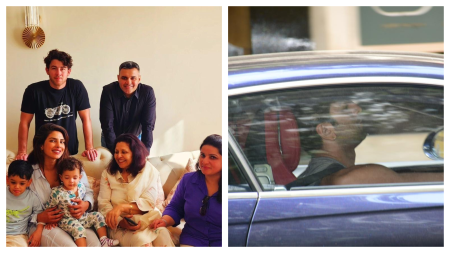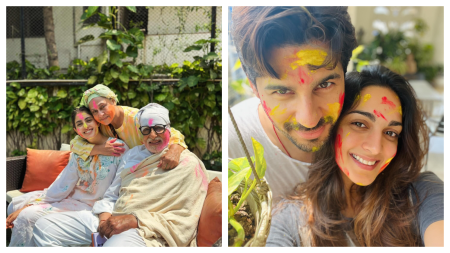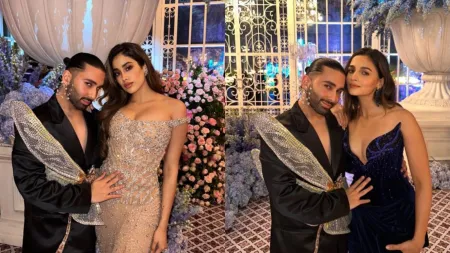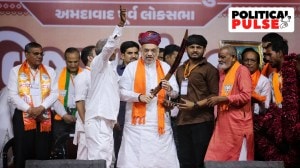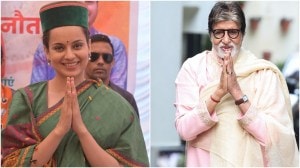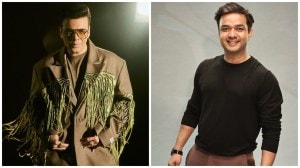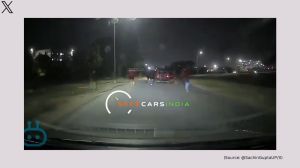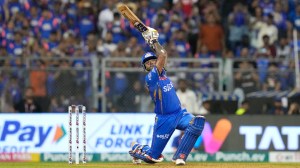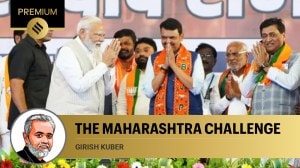- India
- International
And the Credit goes to…
According to Kamlesh Pandey, General Secretary Film Writers Association, there are two-three cases pertaining to ownership of stories, weekly. Screen puts the confounding question of creative credits to Bollywood writers.
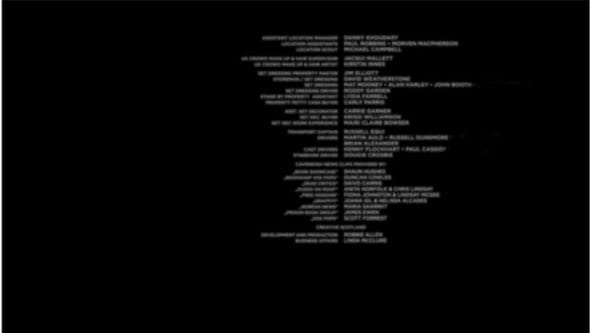 Representational pic
Representational pic
It made headlines when director Abhishek Kapoor filed a complaint with the Film Writers Association (FWA) demanding credit as the story writer of the sequel to Rock On!! Kapoor who helmed and co-wrote the original film accused writer Pubali Chaudhuri of taking credit as story writer, claiming that he wrote the story while she fleshed it out, but had registered the script (which constitutes the story, screenplay and dialogues) as her own creation. That brings us to the question, who should get the credit when more than one person works on a films script? Writing is one category in terms of credits which can be ambigious. According to writer-screenwriter and a member of the Executive Committee of FWA, Anjum Rajabali, for a writer to get credit as ‘story writer’ of a film he has to give expression to the idea. “An idea or a concept is not copyrightable by the copyright act globally, but the expression is copyrightable. Anyone can think of an idea, but only when the writer gives the idea expressions— characters, moments, and the plot a certain structure, it is copyrightable,” clarified Rajabali who cannot comment on the Abhishek case because it is currently being studied by the Appellate Board of the Film Writers Association, but can explain the complaint. “Pubali said that she was engaged as the writer by the copyright holder of the sequel to the Rock On!! script which is Excel Entertainment’s property. Abhishek was taken on as the director (though he is no longer part of the project). If Abhishek gave his inputs, it was as a director so no matter where the complaint comes from, the person who was engaged as a writer is actually the script writer and not the director. Like I sit on the edits of every single film that I have written, but I don’t get the credit for editing,” said Rajabali.
The Film Writers Association is the only organisation which registers film stories, screeplays and dialogues strives to protect the rights of its member-writers. It has a two-tier mechanism to deal with matters related to plagiarism. There’s the Dispute Settlement Committee, and if the complainant is not happy with their decision, he can then approach the Appellate Board. Later on either parties can go to court if they are not happy with the board’s decision. The most well known case of plagiarism being budding writer Kapil Chopra alleging copyright infringement against film-makers Mukesh and Mahesh Bhatt for their film Jannat 2 which he claimed to have written the story of and demanded credit as a story writer. That the case went to court and Chopra finally won the case with the Bhatts having to cough up Rs.20 lakhs is history. But there are several other upcoming writers who have a different tale to tell. Zeishan Quadri who kicked off his career in Bollywood as the story and dialogue writer of Gangs Of Wasseypur and co-wrote the screenplay of the film with Anurag Kashyap, said that as he was new, he did not register the concept of GOW which was his with the FWA before approaching Kashyap. “But I have nothing to complain as I got due credit for everything. Now I can say that the best thing when you have an idea is to pen it down and head to the FWA to register it. After that you discuss it with the directors you want to share it with. Otherwise there is no proof that the concept is yours. Mails are also used as legal proof today as they contain the date and time of when the story was sent. One can also, like I do, write the story, mail it to myself and send my assistant to register it . These kind of controversies happen when a writer is over confident that no one will steal his script,” said Quadri who has both written the story and screenplay and is directing a film titled Meerutiya Gangster. Likewise there is writer Himanshu Sharma who has worked with with Aanand Rai as a story, screenplay and dialogue writer on Tanu Weds Manu, Raanjhanaa and is presently working on Tanu Weds Manu 2. “Very categorically I’m the writer and he is the director. I have written the story, screenplay and dialogues of all the three films. We trust each other because during Raanjhanaa and Tanu Weds Manu, I was writing till the end. I just register the film’s synopsis as I usually write the climax much later when the film is in production which does not allow me to get it registered. Tanu Weds Manu 2 which we are shooting right now was registered just a month back. I know when two people write together they may have these disputes so it’s quite surprising that Salim- Javed never got embroiled in any such dispute. It’s very subjective because when two people work on one project, no one knows who did what,” said Sharma.
Milap Zaveri a member of the FWA and who has got credit as a writer for almost 20 films says that he got to work with the right people and never faced any issues, despite frequently not registering anything in his name.
“I wrote the dialogues for Shootout At Wadala, but didn’t register it at FWA, though I am sure Sanjay Gupta must must have. Even during Grand Masti it was the same. “There is no law which says that the story belongs to the person who registered it first. Sometimes there are two writers and one registers it while the others will trust him. I write with Mustaq Sheikh and Tusshar Joshi, and we don’t focus on who registers it. If one registers, it does not imply that the other no contribution. That’s an understanding between people who often work together and registeration is a formal act. But having said that I would tell a newcomer to go and register his story,” said Zaveri.
Juhi Chaturvedi who has written the story, screenplay and dialogues of Shoojit Sircar’s Vicky Donor and currently working on Piku in the same capacity, agrees that the best way to safeguard one’s writing is to register it with the Film Writers Association as they are a very prestigious organisation and work in sync with writers. “I have not been affected so far as I have been working with very genuine people. Writing is a very fluid space and it’s all about trust. Also after registering your story if you go around discussing it and it gets stolen, then you have nobody, but yourself to blame. FWA has its laws, but you are dealing with human beings and you must be very careful about who you are working with. While discussing your ideas will help the industy flourish, but having said that you have to protect yourself,” opines Chaturvedi.
On the other hand there is Chaudhuri who is entangled in this controversy and is not free to discuss the issue. “Abhishek was originally being considered as the director of the film by the producers, but that didn’t work out so there’s a certain dispute around his credit. I’m not free to make comments whether the story was his and the screenplay was mine as the Appellate Board is still studying the complaint. I am not agreeing to it either, but yes, I understand that according to the law, ideas are not copyrightable, generally the expression of an idea is copyrightable.”
According to Kamlesh Pandey, General Secretary of FWA, the rules of becoming a member of the organisation are very simple. Once a writer gets a letter from a film producer that he is working for him, he becomes an associate member. When his name appears on the screen as a writer, he becomes a regular member.
“For a writer to work in the film industry they have to become a member of the Film Writers Association. We have 14000 members in our association and we are like a panchayat who handle disputes. Any dispute between members comes to the Association and the Dispute committee tries to resolve it. Only when it doesn’t get resolved, they can go to court,” said Pandey adding that there are two to three disputes every week and hundreds every year. We always advise writers to register before they go for a meeting as meetings are not recorded and then follow it up with an email as they are also considered evidence,” explained Pandey.
Regardless of one’s faith, it’s crucial to register one’s story with the FWA, especially given the current scenario. Needless to say, it’s vital for writers to acquaint themselves with the copyright laws that apply to them.
geety.sahgal@expressindia.com
Photos
May 06: Latest News
- 01
- 02
- 03
- 04
- 05


